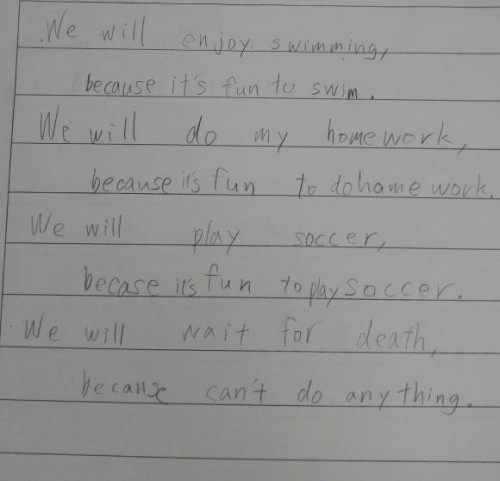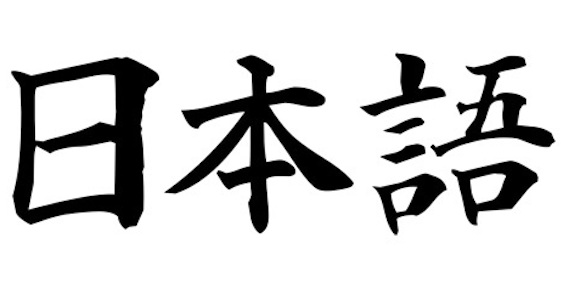JETAA Podcast Beat
JETAA Podcast Beat is a weekly round-up of current JET and JET alumni podcasts and podcast appearances compiled by Emmalee Manes (Toyama-ken, 2016-19)
Do you have a podcast or did you recently appear in a podcast? Help us share it with the community by filling out this form.
Welcome to the JETAA Podcast Beat! Every week we’re sharing the newest podcast episodes from JET alumni and current JETs. Studio Ghibli lovers, be sure to check out “The Perfect Show” for a special episode about Princess Mononoke. For Halloween vibes, check out “Season by Season”. To geek out about Japanese theme parks, listen to this week’s episode of “Krewe of Japan”. For everything else, please enjoy listening to one of these recent episodes this week!
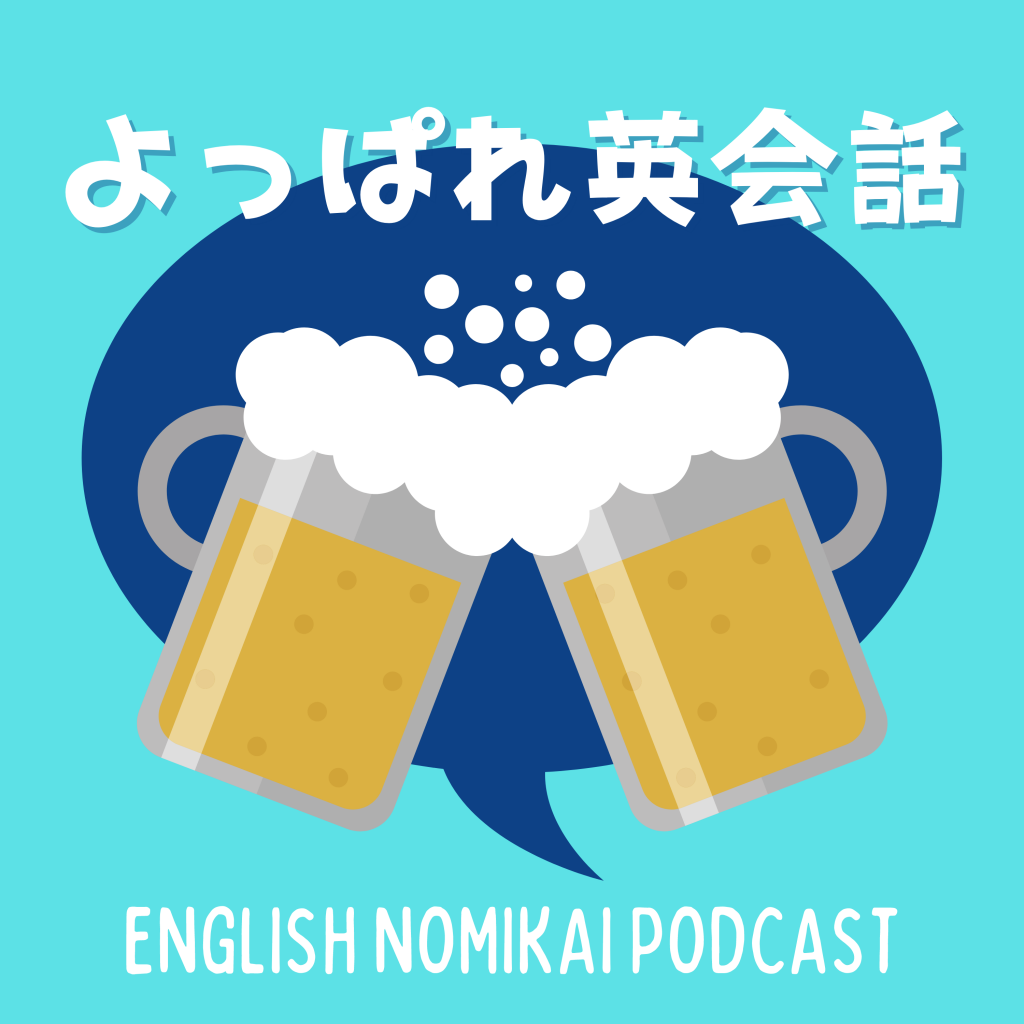
よっぱれ英会話 English Nomikai Podcast
In this eikaiwa podcast targeted to Japanese English-learners, Emmalee Manes (Toyama-ken, 2016-19) talks to fellow JET alumni, current JETs, and Japanese English teachers and friends about cultural differences between Japan and their home countries (all while sharing some drinks!)
International Relationships「国際恋愛」with Hattaku!
Emmalee and Hattaku talk about Hattaku’s relationship with a girl from the Netherlands, Emmalee’s experiences dating Japanese men, and the difficulties that come with dating someone from another country.
インスタ: @yoppareikaiwa
メール: yoppareikaiwa@gmail.com
~Please check out Hattaku’s accounts!~
YOUTUBE
Hattaku Nihongo Podcast
是非、インスタでメッセージをください〜
聞いてくれてありがとうございます!

Krewe of Japan
Krewe of Japan is a weekly podcast co-hosted by Doug Tassin (Fukushima-ken, 2007-10) that takes listeners on audio journeys through Japanese culture. With our hosts as your guide, and the help of guest experts, Japanese natives, and ex-pats, understanding Japan is now easier than ever before.
Japanese Theme Parks ft. TDR Explorer
In this week’s episodes, Strap in for a wild ride as the Krewe talks Japanese theme parks! Nigel, Jennifer, & Doug all share their own experiences and favorite parks around the country. Then, Chris Nilghe of TDR Explorer joins us to talk all things theme parks! Tokyo Disney vs. Universal Studios Japan… who wins? Chris shares his top tips & tricks, along with some great insider knowledge for planning any theme park-based trip in Japan!

AIGA Design Podcasts
How is design changing as a discipline and profession? What are the current landscapes and future horizons of innovation? What are the opportunities for the design community? AIGA’s Lee-Sean Huang (Oita-ken, 2003-06) explores these questions and more with creative practitioners and business leaders to deepen the impact of design across all disciplines on business, society, and our collective future.
Fireside Chat with Robbie Tseng, Vice President, Growth Design at HBO Max
AIGA Executive Director Bennie F. Johnson talks with today’s leaders in design, business, and technology, focused around the topics of leadership growth, the future of work, and creating a culture of design. Join us in welcoming Robbie Tseng, Vice President, Growth Design at HBO Max.
This Fireside Chat was originally livestreamed on October 13, 2021. Watch the captioned video version here: https://www.aiga.org/inspiration/talks/robbie-tseng-fireside-chat-with-robbie-tseng
As the largest professional membership association for design, AIGA offers you deep personal connections with your community. Your membership dues are an investment in yourself, your profession, and a network of creative changemakers, problem solvers, and professionals. Join today: https://aigadsgn.org/3iEEqRa
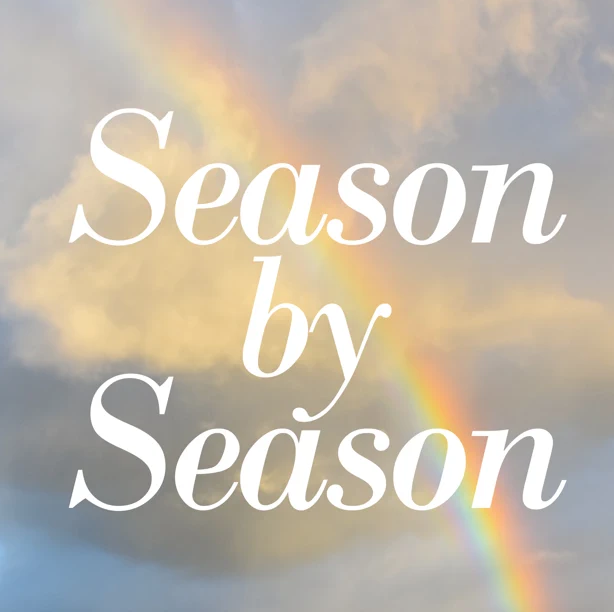
Season by Season
Join Alexis (Shimane-ken, 2009-11) and Kit, lifelong friends who now live on opposite coasts, as they explore poetry, music, and sound on a journey through the rhythm of nature expressed by the seasons.
In this chilly (and chilling!) episode, Kit and Alexis journey through the eerie, melancholy season of Halloween and the Day of the Dead; will they escape alive, or will they meet their grim deaths as predicted in their calaveras literarias?! In Hiro’s Corner, a closer look at the seasonal concept of “Winter’s Neighbor,” or departing autumn.

The Perfect Show
The Perfect Show is a podcast where host Scot Maupin (Hokkaido-ken, 2008-09) is cataloging the perfect things in life, one by one. Each episode he examines something that he or someone else thinks is perfect.
Mononoke, Miyazaki, and Maebashi – もののけ姫 – 宮崎駿 – 前橋市
This episode Scot explores being in Japan for the opening of Mononoke Hime (Princess Mononoke) in 1997, and trying to see it again before it was available in the US. Mononoke Hime was Scot’s introduction to the animated movies of Hayao Miyazaki and began a life-long appreciation for his work and films.
【RocketNews24】Why Japanese doesn’t need swear words
Posted by Michelle Lynn Dinh (Shimane-ken, Chibu-mura, 2010–13), editor and writer for RocketNews24. The following article was written by Casey Baseel, a writer and translator for RocketNews24, a Japan-based site dedicated to bringing fun and quirky news from Asia to English speaking audiences.
The other day, my wife and I spent the day hanging out at the beautiful and awesome Hitachi Seaside Park. As we headed towards the exit at dusk, I pointed to a grove of trees with the sun setting behind them and got to bust out one of my favorite five-dollar Japanese vocabulary words: komorebi.
In retrospect, two things come to mind. First, shouldn’t a five-dollar Japanese word really be a 500-yen word? And second, why is it that the Japanese language has vocabulary as specific as komorebi, meaning “sunlight filtering though trees,” yet doesn’t have a good equivalent for *#&!, %?$!, or even &*!$?
Heads up! The following discussion of profanity contains language that might best be read when you’re not at work or school.
Read more at RocketNews24!
【RocketNews24】Japanese student’s English homework captures futility of life
Posted by Michelle Lynn Dinh (Shimane-ken, Chibu-mura, 2010–13), editor and writer for RocketNews24. The following article was written by Clara Clegg, a writer and translator for RocketNews24, a Japan-based site dedicated to bringing fun and quirky news from Asia to English speaking audiences.
I’ve marked my fair share of English exam papers here in Japan, and there have been a few gems of hilarity in amongst the spelling mistakes and butchered grammar, but nothing that measures up to this beauty. One student’s answer to a simple question was so deep and existential, it read like poetry.
【RocketNews24】Six (and a half) essential resources for learning Japanese
Posted by Michelle Lynn Dinh (Shimane-ken, Chibu-mura, 2010–13), editor and writer for RocketNews24. The following article was written by Philip Kendall (Fukushima-ken, Shirakawa-shi, 2006–11), senior editor and writer for RocketNews24, a Japan-based site dedicated to bringing fun and quirky news from Asia to English speaking audiences.

As we’ve said before, Japanese isn’t actually as hard to learn as it’s often made out to be. Unlike English, for example, Japanese follows its own grammatical rules far more rigidly, pronunciation is easy because there is only one variant of each vowel sound to choose from (none of this tomayto/tomahto business), and it’s possible to create entire, perfectly meaningful and valid sentences without uttering a single pronoun or bothering to conjugate a verb.
Nevertheless, the language will not magically seep into you through a desire to speak it alone — you still need to encounter and study it as often as possible. With that in mind, we’d like to present to you the six and a half resources that no dedicated student of the Japanese language should ever be without. Oh, and the good news is some of them are completely free.
【RocketNews24】Nippon or Nihon? No consensus on the Japanese pronunciation of “Japan”
Posted by Michelle Lynn Dinh (Shimane-ken, Chibu-mura, 2010–13), editor and writer for RocketNews24. The following article was written by Master Blaster, writing team for RocketNews24, a Japan-based site dedicated to bringing fun and quirky news from Asia to English speaking audiences.
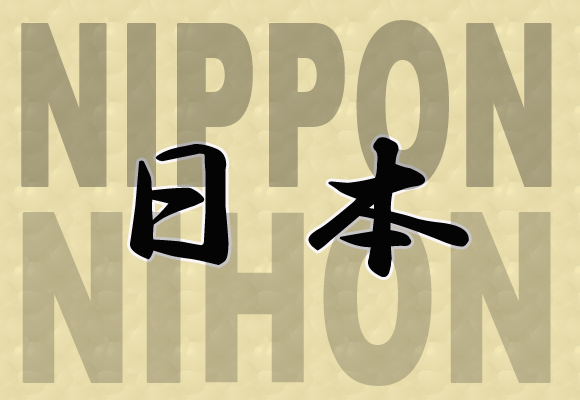
As any student of Japanese will tell you, its use of Chinese characters known as kanjican be a nightmare at times. And although they can be really useful at deducing the meaning of complex words, they give little in the way of clues as to how one should pronounce them.
Take the kanji for Japan (日本) for example. Even a first grader can tell you what it means, but ask a group of adults how to pronounce it and you might get a mixture of “Nihon” or “Nippon” and maybe even an occasional “Yamato” if one of those people happens to be a smart-ass.
【RocketNews24】10 everyday English words that were originally Japanese
Michelle Lynn Dinh (Shimane-ken, Chibu-mura, 2010–13) is an editor and writer for RocketNews24, a Japan-based site dedicated to bringing fun and quirky news from Asia to English speaking audiences.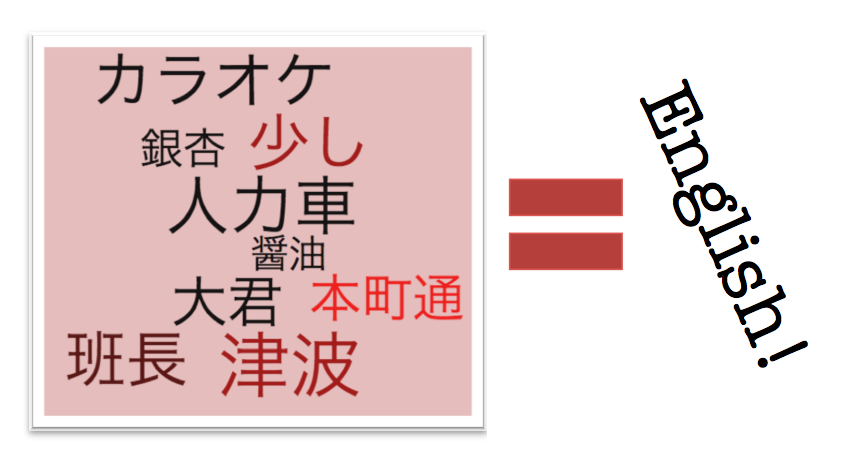
While Japan’s bank of English loan words has grown to the point where “context” and even “paradigm” can be understood by most people, there seems to be only a handful of Japanese words that have been sprinkled into the modern English vocabulary. Of course, there’s things like “manga”, “sushi,” and “karate,” which English speakers can instantly recognize as comics, a Japanese food, and a way to kick ass (in that respective order), but there are also some sleeper agent Japanese words traipsing about our English conversations. Let’s take a look at Japanese words, like “honcho” (as in “head honcho”) and “tycoon” (as in “oil tycoon”), that we use in English.
【RocketNews24】Ninja life skills: 7 tips to make learning Japanese that little bit easier
Posted by Michelle Lynn Dinh (Shimane-ken, Chibu-mura, 2010–13), editor and writer for RocketNews24. The following article was written by Philip Kendall (Fukushima-ken, Shirakawa-shi, 2006–11), senior editor and writer for RocketNews24, a Japan-based site dedicated to bringing fun and quirky news from Asia to English speaking audiences.
Despite its apparent difficulty, Japanese is fast becoming one of the world’s most desirable languages to learn, with more and more Westerners studying it every day. Eventually, though, we all hit a wall with our studies and feel like we’re not making any progress. The books you threw yourself into with such enthusiasm start to become a chore to open, the army of kanji characters you have yet to study stare back at you with mocking disdain, and despite all the hours you put in you still can’t quite keep up with that anime you were determined to watch without subtitles. It happens to the best of us, but there are ways to break out of this rut, not to mention rekindle that love for studying Japanese, or any other language for that matter.
So today we’d like to bring you our short list of tips and tricks for boosting your Japanese language ability and make studying less of a chore. The following is a combination of both tips and experiences of foreigners who have achieved varying degrees of fluency in the language and our combined knowledge. It’s by no means the final word in language study, but give some of these a try and we’re sure you’ll be surprised at how quickly your Japanese proficiency improves.
【RocketNews24】Ninja language skills: Boost your Japanese with the power of onomatopoeia
Posted by Michelle Lynn Dinh (Shimane-ken, Chibu-mura, 2010–13), editor and writer for RocketNews24. The following article was written by Philip Kendall (Fukushima-ken, Shirakawa-shi, 2006–11), senior editor and writer for RocketNews24, a Japan-based site dedicated to bringing fun and quirky news from Asia to English speaking audiences.

There are in fact three distinct types of onomatopoeia in the Japanese language: 擬声語 giseigo, 擬音語 giongo and 擬態語 gitaigo.
It rarely appears in beginner or intermediate textbooks, but spend a day with any native Japanese speaker and you’ll soon realise that onomatopoeia is a vital part of the language. Utterances such as, “The rain fell like ‘pssshaaaa’” and, “My heart was going ‘boom boom boom’ the whole time!” may come across as a little ineloquent when said in English, but in Japanese these kinds of mimetic words are not only considered perfectly acceptable, but pop up absolutely everywhere.
So if you’ve ever wondered what sound a Japanese pig makes, how best to describe a rolling boulder as opposed to a tiny marble, or would be perplexed if a doctor asked whether the pain you’re feeling is more shikushiku than kirikiri, now’s your chance to hone your language skills and add a few new words to your Japanese vocabulary!
JCAW Symposium: Global Opportunities through Japanese Language 03.23.12
Thanks to JETAA DC Secretary Leigh Ann Mastrini. Posted by Kay Monroe (Miyazaki-shi, 1995 -97).
———————————————————————————————————————–
On April 7, 2012, the Japan Commerce Association of Washington, DC (JCAW) will be hosting a symposium on “Global Opportunities through Japanese Language” – The purpose of the Symposium is to provide a networking opportunity for students of Japanese language who want to pursue related careers, and corporations or government agencies interested in hiring American students who speak Japanese and understand Japanese culture.
Please see the link and introduction below for more information and more importantly, to register by 03.23.12!
http://www.jcawf. org/japanese/ program/cherry_ blossom_centenni al/education/ symposium/ Read More


